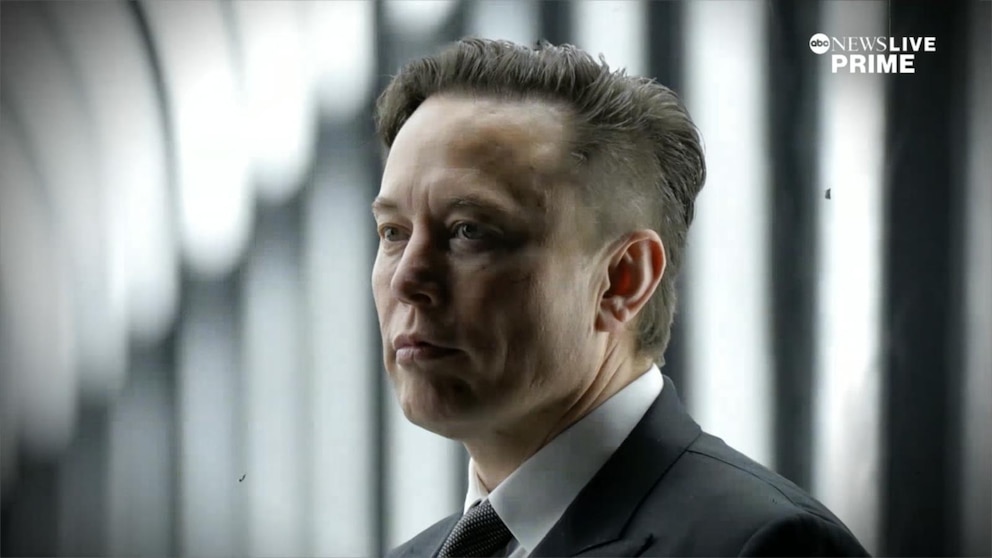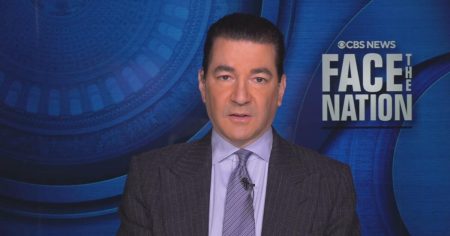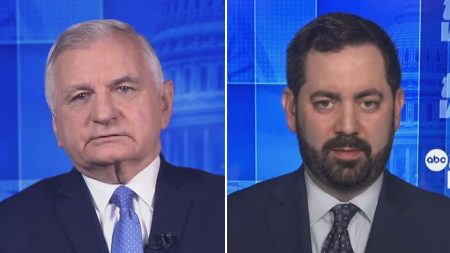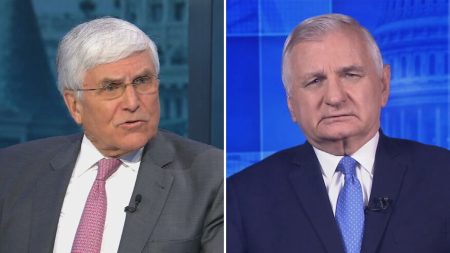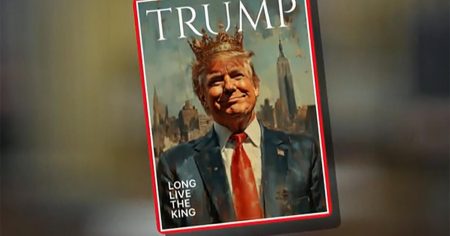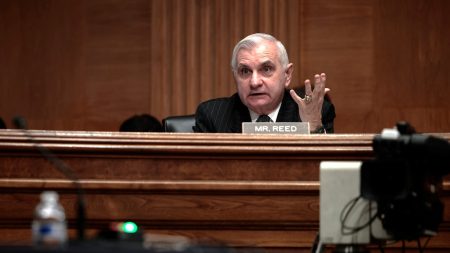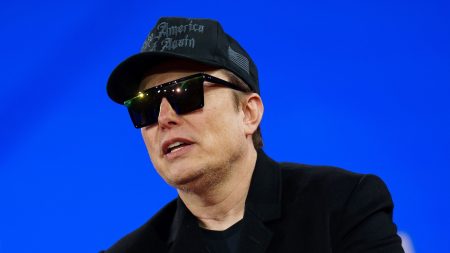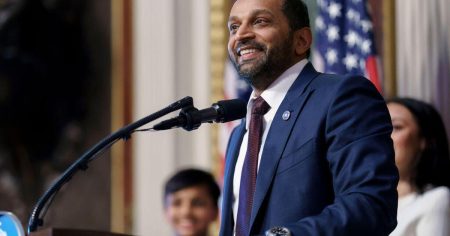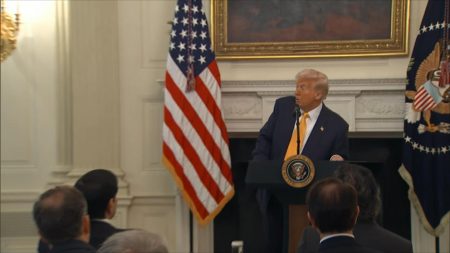Inside Elon Musk’s First 30 Days with DOGE: A New Era of Government Efficiency?
The first 30 days of Elon Musk’s tenure as an advisor to President Donald Trump’s Department of Government Efficiency (DOGE) have been nothing short of transformative. Since taking on the role, Musk has brought his signature blend of innovation and cost-cutting measures to the federal government, sparking both excitement and controversy. ABC News’ Rachel Scott has been closely following the developments, providing a detailed account of Musk’s initial impact. As of February 20, 2025, the billionaire entrepreneur has already made significant strides in reshaping how the government operates, with a focus on slashing spending and streamlining processes.
Musk’s Vision for a Leaner Government
Musk’s approach to government efficiency has been characterized by his typical laser-like focus on cutting costs and embracing technology. Within his first month, he oversaw the implementation of several key initiatives aimed at reducing bureaucratic red tape and fostering a more entrepreneurial mindset within federal agencies. One of his first moves was to launch a comprehensive review of government contracts, seeking to identify and eliminate wasteful spending. Musk has also championed the adoption of advanced technologies, such as artificial intelligence and blockchain, to enhance transparency and accountability in government operations.
The DOGE Agency: A New Paradigm for Government Efficiency
The Department of Government Efficiency, or DOGE, was established by President Trump with the explicit goal of transforming the federal government into a more agile and cost-effective entity. Musk’s involvement has been seen as a coup for the agency, given his reputation for driving innovation and efficiency in the private sector. Under his guidance, DOGE has begun to implement a series of sweeping reforms, including the consolidation of redundant departments and the introduction of performance-based metrics to evaluate agency effectiveness. These changes are part of a broader effort to align government operations more closely with the principles of the private sector.
Reaction to Musk’s Leadership: Praise and Criticism
Musk’s leadership style and the reforms he has introduced have elicited a mixed response from lawmakers, government employees, and the general public. Supporters argue that his unconventional approach is exactly what the federal government needs to address its long-standing inefficiencies. They point to the potential for significant cost savings and the opportunity to modernize outdated systems as key benefits of Musk’s involvement. On the other hand, critics have raised concerns about the potential risks of privatizing certain government functions and the impact of rapid changes on federal employees. Some have also questioned whether Musk’s focus on efficiency might come at the expense of critical social programs and services.
The Challenges Ahead: Can Musk Sustain the Momentum?
Despite the progress made in his first 30 days, Musk faces numerous challenges as he works to implement his vision for government efficiency. One of the most significant hurdles will be navigating the complexities of federal bureaucracy, which has historically been resistant to change. Additionally, Musk will need to address concerns about transparency and accountability, as some of the technologies and practices he is introducing are still relatively untested in the public sector. There is also the question of whether the cost savings generated by these reforms will be sufficient to offset the initial investment required to implement them.
The Future of Government Efficiency: What’s Next for Musk and DOGE?
As Musk and the DOGE agency look to the future, the focus will likely remain on delivering tangible results and building momentum for further reforms. Musk has already hinted at several ambitious initiatives, including the development of a blockchain-based platform for tracking government spending and the establishment of a new task force dedicated to identifying and addressing inefficiencies in federal procurement. While the road ahead will undoubtedly be fraught with challenges, Musk’s track record of success in the private sector suggests that he is well-equipped to drive meaningful change in the public sector as well.
Conclusion: A New Chapter in Government Efficiency
Elon Musk’s first 30 days as an advisor to the Department of Government Efficiency have set the stage for what could be a transformative era in federal governance. By leveraging his expertise in technology and innovation, Musk has already begun to make significant inroads in the pursuit of a leaner, more efficient government. While the path forward will be challenging, the potential benefits of his efforts—ranging from cost savings to enhanced transparency—make this an endeavor worth watching closely. As Rachel Scott’s reporting for ABC News underscores, the next chapter in Musk’s journey with DOGE could very well redefine the future of government efficiency.





